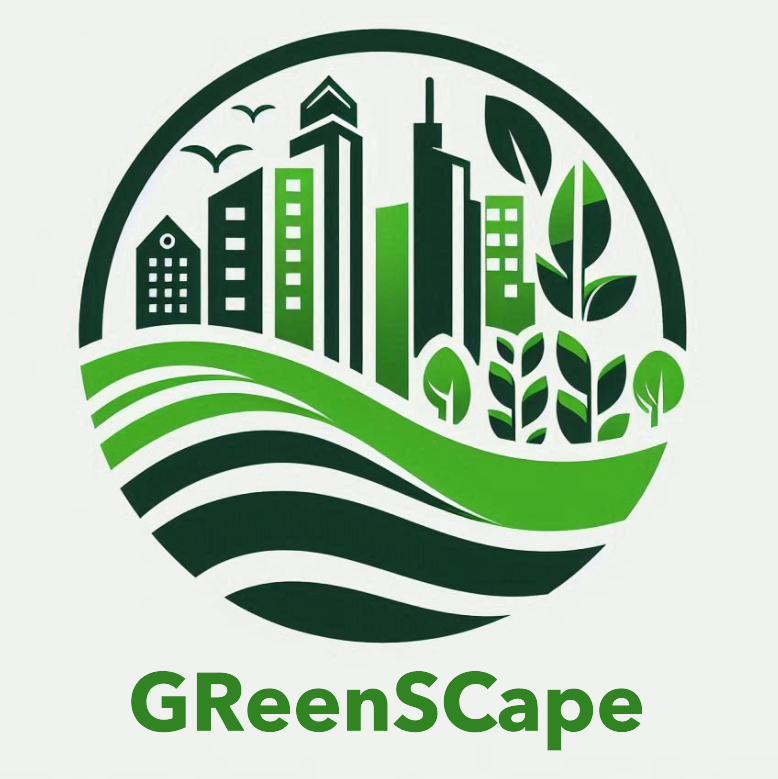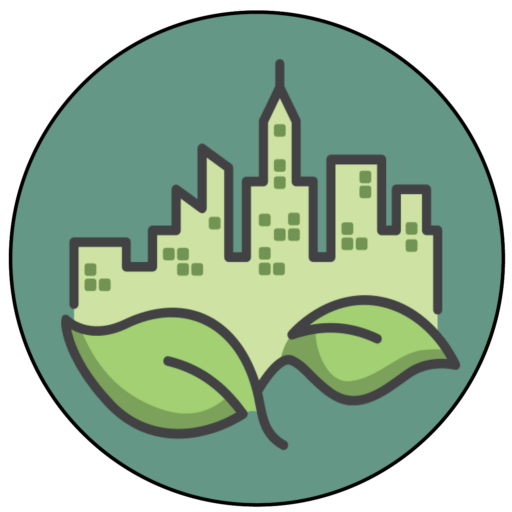GReenSCape Fieldtrip 2: Mapping, Measuring, and Mobilizing Urban Agriculture in Metro Manila
The second GReenSCape fieldtrip, from January 29th to March 1, 2025, allowed the team to delve deeper into the vibrant and complex landscape of urban agriculture in Metro Manila. Our aim was to better understand how different communities and initiatives cultivate resilience and contribute to the city’s sustainability goals, through collaborative approaches to urban farming, despite systemic challenges and climate vulnerability. Over the course of three co-creation workshops, we collaborated with a pioneering NGO, a resourceful and visionary informal farming community, and a cross-sectoral group of experts. Each session offered new insights into how urban agriculture can be a vehicle for enhancing the resilience and sustainability of the environmental, social, economic, and governance spheres in cities.
Building a Practical Monitoring, Evaluation & Learning Framework at BGC Community Farm
Set in the beautiful BGC Community Farm greenhouse, James Vandenberg of the GReenSCape team guided a workshop focused on co-developing a Monitoring, Evaluation, and Learning (MEL) framework tailored to the realities and ambitions of urban farmers in Metro Manila. The BGC Community Farm, in Fort Bonifacio, or ‘Bonifacio Global City’, a central business district in Metro Manila, is an NGO affiliated with Urban Farmers PH that exemplifies and raises awareness about, the many benefits of growing nutritious food in cities. The BGC Community Farm grows organic food in healthy soil, hosts workshops, cultural events, and youth advocacy programs, partners with surrounding businesses and communities, and acts as an inclusive greenspace that people can use to learn about food and sustainability, while escaping the heat. Therefore, the GReenSCape team designed and delivered an insightful workshop to better understand these impacts, and how such can be captured to improve visibility, while also offering learning opportunities.
Workshop participants, including the Farm’s owner, alongside its organizers, farmers, youth advocates, volunteers, researchers, and business partners, were invited to co-develop and evaluate a diverse set of indicators across five key domains: economy, environmental management, society and wellbeing, infrastructure, and governance. Between group and plenary sessions, indicators were crafted and assessed based on their importance, and feasibility, helping to prioritize those that can realistically be tracked and used to drive farm improvement. The resulting framework reflects the perspectives of the diverse range of participants, and therefore, also the farm’s multifunctionally, reinforcing their role as a socially driven, environmentally responsible, and impacted-oriented model of urban agriculture. In addition to the framework, the workshop provided a safe and inclusive space to share new ideas, bridge knowledge gaps, and develop a collective pathway forward.
Mapping Challenges and Strategies with a Farming Community in Payatas
Our second workshop took place on the edge of Metro Manila, in Payatas, where we had the privilege of returning to a farming community that uses agroecology not just as a farming method, but as a means of reclaiming land, dignity, and rights. In collaboration with Mabi David from the Good Food Community, James Vandenberg, Yany Lopez, and Johannes Richter, from the GReenSCape team, facilitated a workshop to better understand the perspectives of informal settlers, and the role urban agriculture plays in shaping community resilience, improving access to infrastructure, advancing public health, asserting political land rights, and creating new pathways for food and nutrition security.
The workshop, which included urban farmers, families, and local community members, began by providing space to identify key challenges, ranging from eviction threats and land insecurity to climate disasters, organizational hurdles, and limited access to clean water and basic infrastructure. Next, participants worked together to connect these issues, to understand how such relate to one another, and can therefore, lead to cascading and compounding patterns. This revealed how deeply intertwined and often mutually reinforcing their struggles are. Despite the structural barriers, the collective spirit of this community remains strong, illustrated by their years of dedication. The workshop created space for reflection and strategy co-creation, emphasizing the importance of addressing root causes rather than isolated symptoms. This collaborative effort allowed both participants and facilitators, to learn how urban agriculture can both help strengthen resilience, and illustrate broader structural flaws which re-produce inequalities.

Scaling Urban Agriculture to Build Resilient Cities: A Participatory Systems Mapping Workshop
The final participatory systems mapping workshop brought together diverse stakeholders, including urban planners, researchers, advocates, and farmers, for a session designed around scaling urban agriculture’s impacts. Using a structured systems mapping approach, participants identified key urban agriculture activities, connected them to impact areas, and explored different scaling pathways from those to reach more people, expand to new geographic areas, and bridge sectors, to those aimed at strengthening existing activities, or focusing on shifting mindsets. Each group mapped out which activities could be scaled and how, while identifying the barriers that constrain their desired impacts. Strategies were then co-created to overcome those barriers, whether through policy engagement, infrastructure improvements, or new knowledge-sharing partnerships. The workshop sparked rich dialogue about how scaling is not just growing, but also about improving, for instance, by deepening relationships, strengthening equity, and amplifying voices often left out of formal systems.
For more detailed insights into the Scaling Urban Agriculture to Build Resilient Cities workshop process and results, please click here to see the digital output.
Looking Ahead
These three engaging and insightful workshops proved that urban agriculture in Metro Manila is more than a food source or livelihood strategy, it is a tool for survival, solidarity, and systems change. The GReenSCape team is immensely grateful to all the community members, partners, and participants who shared their time, knowledge, and visions for a more resilient and just future. The GReenSCape project continues to grow from these collaborations, and we look forward to building on this momentum during the final fieldtrip to Metro Manila between July 12th and August 2nd, 2025, to co-create meaningful change that nourishes both people and the planet.







